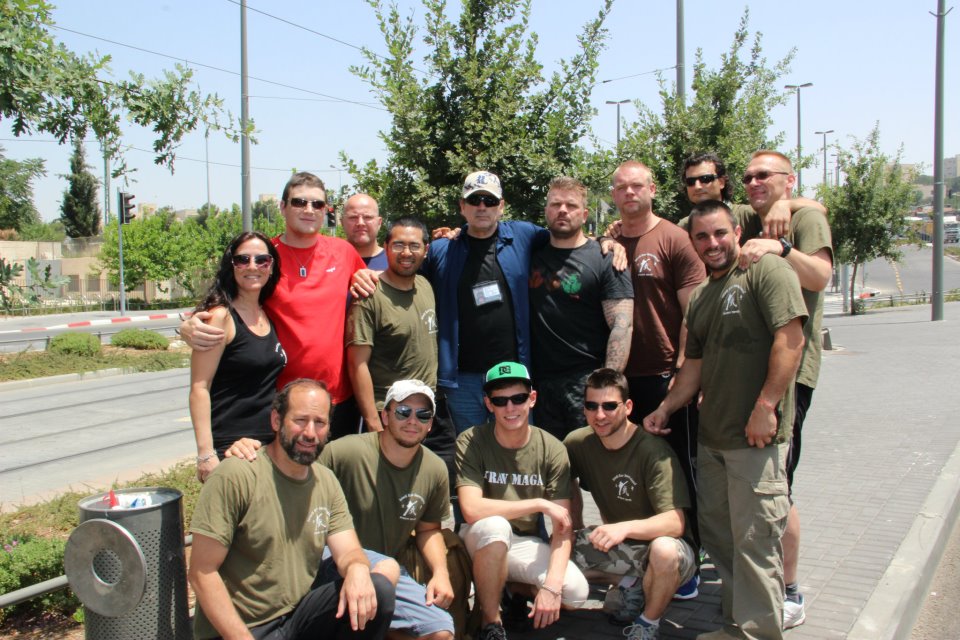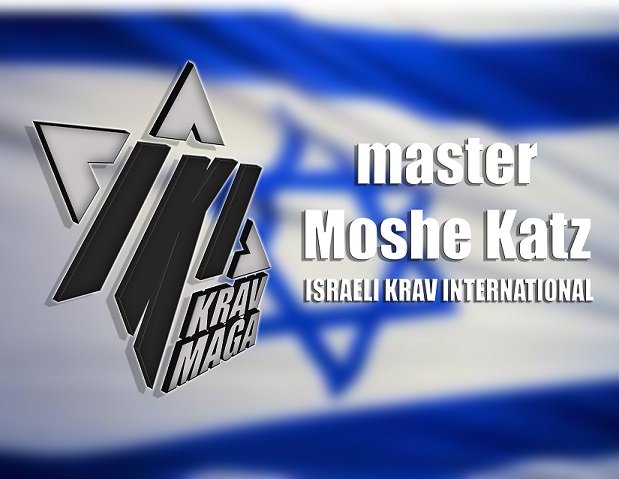- Home
- Krav Maga Blog
- Krav Instructors
- Train in Israel
- Tour Train Israel
- Krav Shop
- DVD
- Kickboxing
- IKI Near Me
- Seminars
- IKI Membership
- On-Line Training
- Krav Maga Training
- Testimonials
- History Krav Maga
- Instructors Page
- Past Blogs
- Spanish
- Italian
- Certification
- Contact
- Holland Seminar
- Vienna Seminar
- Poland Seminar
- Italy Seminar
- Belt Requirements
group dynamics and community
BY MOSHE KATZ
CEO
ISRAELI KRAV INTERNATIONAL
December 20, 2017, Israel
Groups are a challenge. Every collective, from a kindergarten class to running a nation presents its challenges. Leadership is not for the weak of heart. When we read the personal diaries of major world leaders we see how this position of leadership destroyed their health, Lenin, Stalin, even the Jewish leaders Dr. Theodore Herzl and Ze'ev Jabotinsky, died young of stress and anxiety. The position takes its mental and physical toll. Leadership may look glamourous but it begs a heavy price.
More than any other leader in our history we look to Moshe, Moses as a role model. He did not want to be a leader, and this is an important quality for true leadership. He was reluctant to accept the assignment even though it was given by no less than God himself. He did not want the job, he did not seek glory or self-aggrandizement, as it is written, "And the man Moshe was exceedingly humble, more than any other man upon the earth." (Numbers, Chapter 12, verse 3)
וְהָאִ֥ישׁ מֹשֶׁ֖ה עָנָ֣ו מְאֹ֑ד מִכֹּל֙ הָֽאָדָ֔ם אֲשֶׁ֖ר עַל־פְּנֵ֥י הָאֲדָמָֽה (במדבר יב ג)
Moshe complained bitterly about his job. He had a very difficult group to deal with. Despite his great humility, despite being appointed by God for this task, his authority was challenged. He was publicly condemned and mocked. He asked God to remove him from this position, even to be erased from "your book".
Managing a group is never easy. It is a thankless task.
A group by its nature is a challenge. The concept of group means that we are dealing with several or many people. Each individual is different. As the rabbis say, "Just as their faces are not the same, so too are their opinions not the same." Thus the nature of the group are individuals who may be vastly different. Different views, different backgrounds, different ages, different personalities.
What is the first thing we need to know about a group?
We need to know that it is inclusive.
It is "And Moshe gathered the entire community of the Children of Israel" (Exodus, Chapter 35, Verse 1)
(שמות לה', א) וַיַּקְהֵל מֹשֶׁה, אֶת-כָּל-עֲדַת בְּנֵי יִשְׂרָאֵל
Please note the word "entire". Moshe gathered the entire community, young and old, wise and less wise, men and women, etc. This is the first rule of a group; we need to understand that it consists of a...group! You are not the only person in the group, things will not always be the way you want them to be. You are not the center of creation. Being part of a group, by definition, means compromise, not always getting your way, not always having things done as you want them.
A group has people who are faster and slower. If it is a hike or a Krav Maga lesson those who are fast will have to wait a little for the others. Those who are slow will have to make a little extra effort. This is a group. When we are part of a group we must remember that, we are a part of a group. We have to take into account that not everyone will appeal to us at once. We must make adjustments so that the group dynamics will work; one for all and all for one. As the great Benjamin Franklin said, either we hang together or surely we shall all hang separately.
During the Feast of Tabernacles, or in Hebrew, Sukkoth, we take the four species. We can only perform the required ancient ritual if we all have all four species. The rabbis teach us that these four species represent four different personality types. Without these four different types we cannot perform the required commandment. This is an important lesson on how a group must work, we accept those who are different from ourselves.
In Hebrew the word for public is ציבור (pronounced sibor or tzibor) this consists of three root letters, S, B, R, which represent Sadikim (the Righteous), Beinonim (the Middle level) and Reshaim (wicket, the lower level). The lesson here is that a community, a public, must consist of all types; all levels of righteousness.
On the even of the Day of Atonement, Yom Kippur, we ask permission to pray with the "criminals". Yes, they must be part of our community as well.
It is not always easy being part of a group, it is not always easy being part of a community but it is better than living alone. If you want to be part of a community, a class, a group, you must be willing to be flexible. We see from our Jewish sources that a group is judge and defined by the way it treats its weaker elements, those who are different. This in fact makes a group stronger. Do we embrace those whom we did not "click" with at once or do we reject them and make them feel unwanted?
The treatment of the "outsider" is more a reflection on the group than on the "outsider" himself. Judaism teaches us to welcome the "Stranger in our midst", the orphan, the widow. We welcome the sad, the lonely, the "misfit" and this defines who we are as a group.
As Emma Lazarus, a young Jewish woman, wrote
Give me your tired, your poor,
Your huddled masses yearning to breathe free,
The wretched refuse of your teeming shore.
Send these, the homeless, tempest-tost to me,
Visit our other site
Israeli Krav International.com
I want to thank two people for their contributions to this blog; Esther by a comment she made during Tour and Train, and Alan Mann for taking leadership during Tour and Train and creating an inclusive group.
Like the blogs? Own the books, all blogs now available in "Footsteps from Judea", the collected blogs by Moshe Katz.
Tour and Train Israel Experience

Join us for two weeks in Israel that will change your life.
Combine Krav Maga training with visits to sights of historical, military and religious significance.
Train in:
Hand to hand
Defense vs Knife
Defense vs Stick
Defense vs. Handgun, long weapons, ax,
Defense on the ground, in a plane, in confined places.
For more information
Krav Maga Tour and Train Israel Experience
